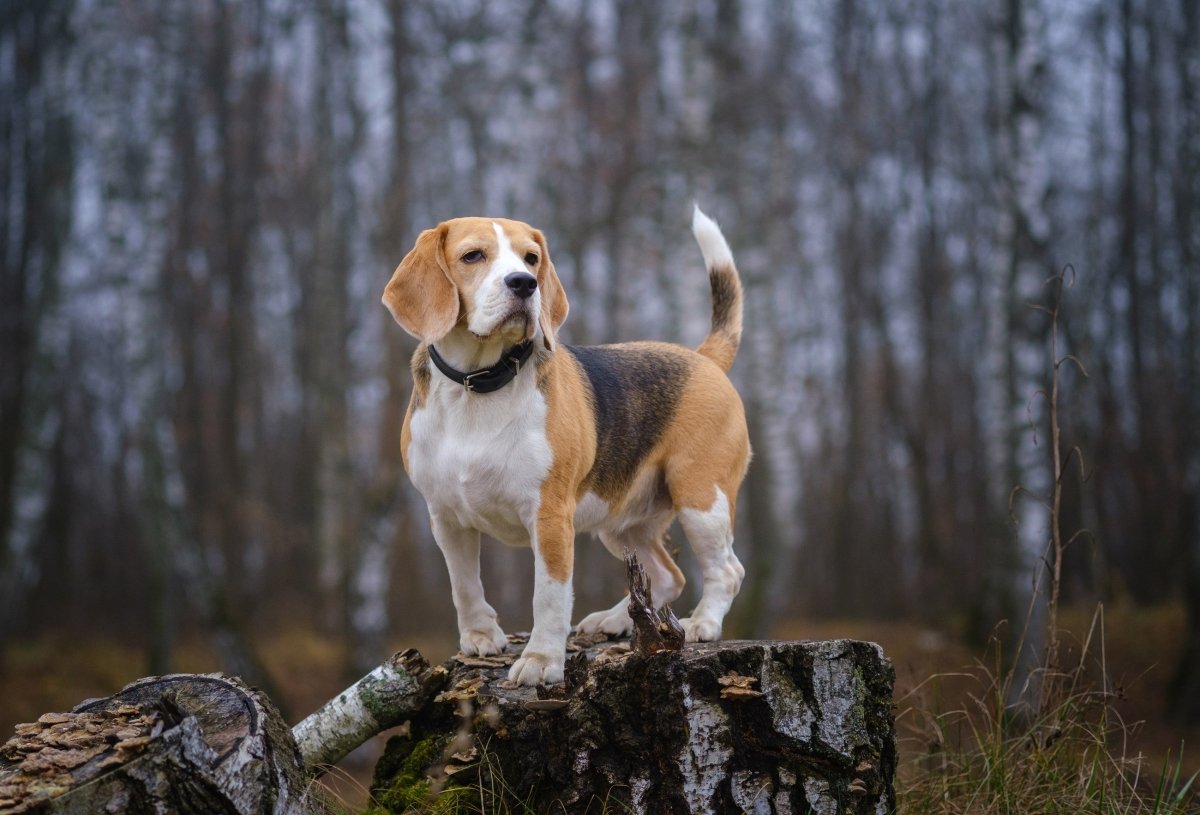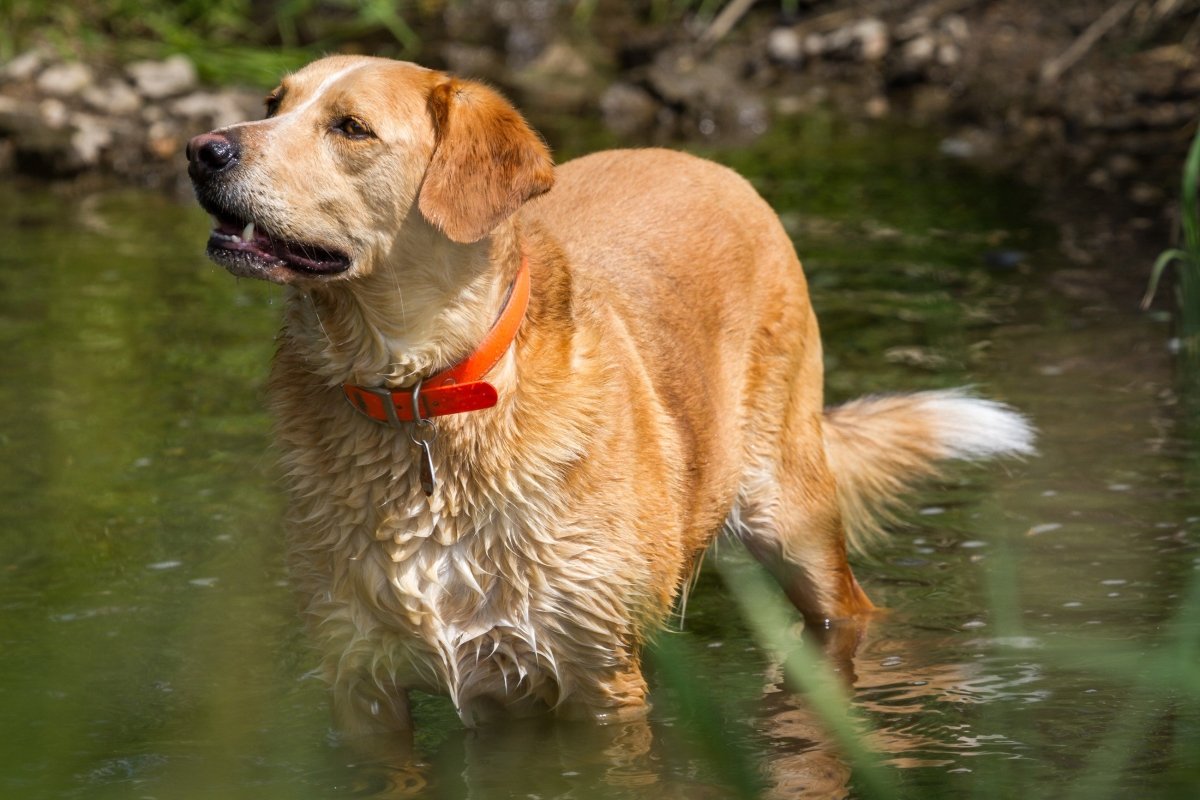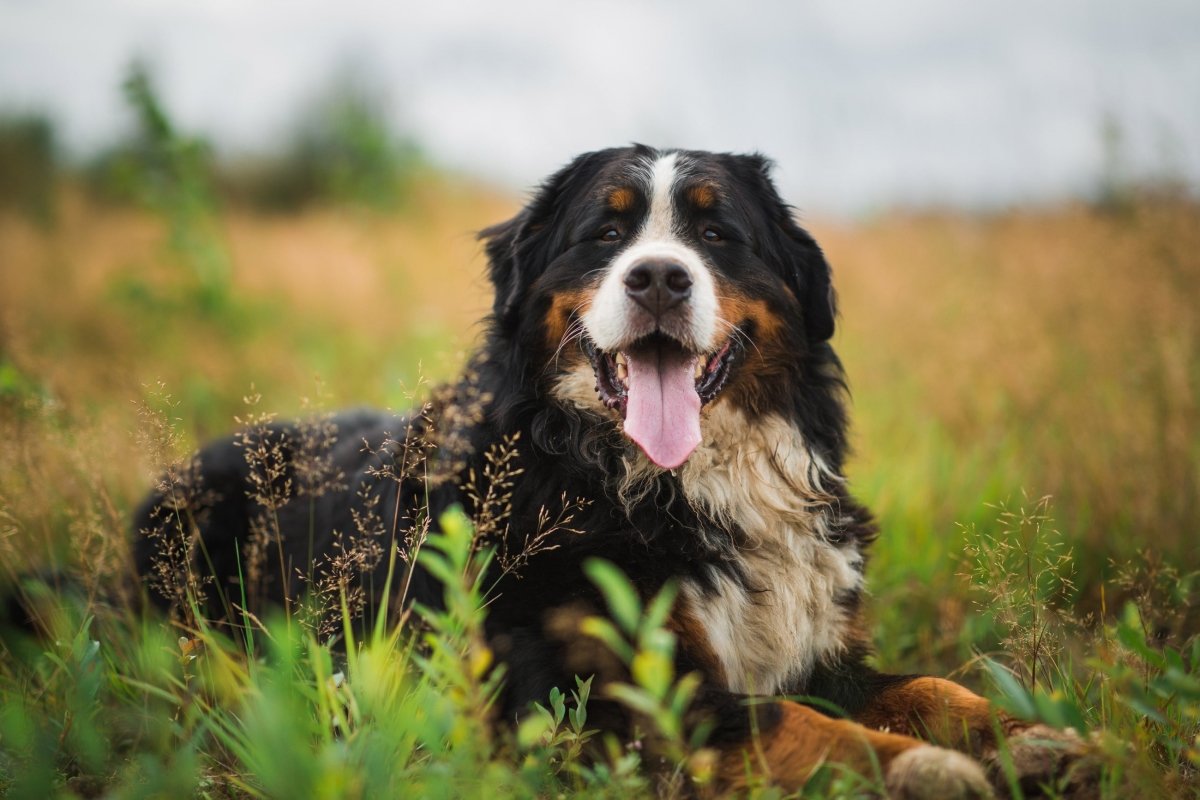Does your dog have diarrhea? Long-time dog owners know that this can happen from time to time. It may simply be a temporary gastrointestinal upset or the diarrhea may have more serious causes. In most cases, diarrhea in our four-legged friends subsides after a few days and leaves no lasting consequences. Above all, vital and healthy dogs struggle less with diarrhea and gastrointestinal problems than their more sensitive counterparts. In this article, we at AniForte®️ explain the possible causes of your dog's diarrhea and when you need to visit the vet.
Diarrhoea in dogs - correctly identifying the causes
First of all: Diarrhea is a symptom, not a disease. This means that it is usually a sign of illness and has a cause. But what can be the cause of diarrhea in dogs? Dogs can react to excitement and unfamiliar situations with diarrhea, for example. However, intolerances to food components can also cause diarrhea in dogs. However, the exact factors cannot always be determined.
The following factors are the most common causes of your dog having diarrhea:
- Viral or bacterial infections (salmonella/ E. coli bacteria)
- Parasites in dogs, e.g. giardia or roundworms
- Change of food without acclimatization
- Food intolerances/allergies
- stress
- Disease of the pancreas, liver, kidney
- tumors
- Thyroid disease
- medication
- Worming treatments for dogs
Dogs with diarrhea - the right care for your four-legged friend
Diarrhea in dogs is characterized by watery, mushy and very liquid stools. The dog then feels increased pressure and urgently needs to relieve itself. This can also cause him to go into the house because he can no longer hold it in. However, you should not reprimand him because this will only cause more stress. It is best to make sure that your four-legged friend can go out more often when the dog has diarrhea.
The diarrhea usually subsides after 2 - 3 days. Your four-legged friend's strong immune system will help him to eliminate the bacteria from his body. Dogs also have fast self-healing powers that help them to heal symptoms such as diarrhea or vomiting. If your dog has diarrhea but is otherwise stable and fit, you should keep a close eye on him and not leave him unattended. He could drink puddle water or eat grass, which could only put more strain on his damaged gastrointestinal tract.
Nevertheless, you can help your pet to recover more quickly. It is important to make sure that diarrhea does not dehydrate and stress dogs and other animals too much. You should therefore compensate for the loss of fluids and ensure that they always have enough fresh drinking water available. Broth or tea are also suitable for balancing fluids. They also soothe the intestines if your dog has diarrhea.
We also recommend letting your dog fast for 12 - 24 hours. This is because some nutrients can trigger or promote allergies or intolerances if the intestinal wall is damaged. However, the fast should not last longer than two days, because then the ailing four-legged friend will lack too many nutrients.
Otherwise, a light diet is the order of the day for the next few days! Does your dog have diarrhea? Then it's best to feed it:
- Boiled chicken
- Boiled mushy rice or boiled potatoes
- Cottage cheese
It is best to feed this in smaller quantities over several meals so that your dog's sensitive stomach and intestines can slowly get used to the food.



